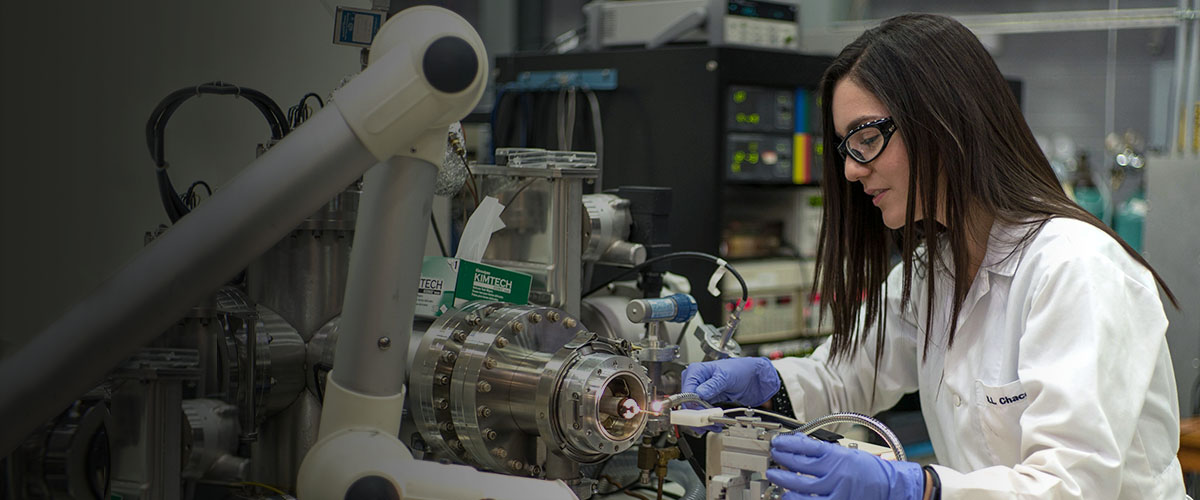
Pairing mass spectrometry with high magnetic fields for a range of research applications.
This facility is charged with developing and exploiting the unique capabilities of Fourier Transform Ion Cyclotron Resonance (FT-ICR) mass spectrometry, and leads the world in instrument and technique development as well as novel applications of FT-ICR mass spectrometry.
The facility features directors for instrumentation, biological applications, environmental, petrochemical applications, and user services as well as a machinist, technician and numerous rotating postdocs who are available to collaborate and/or assist with projects.
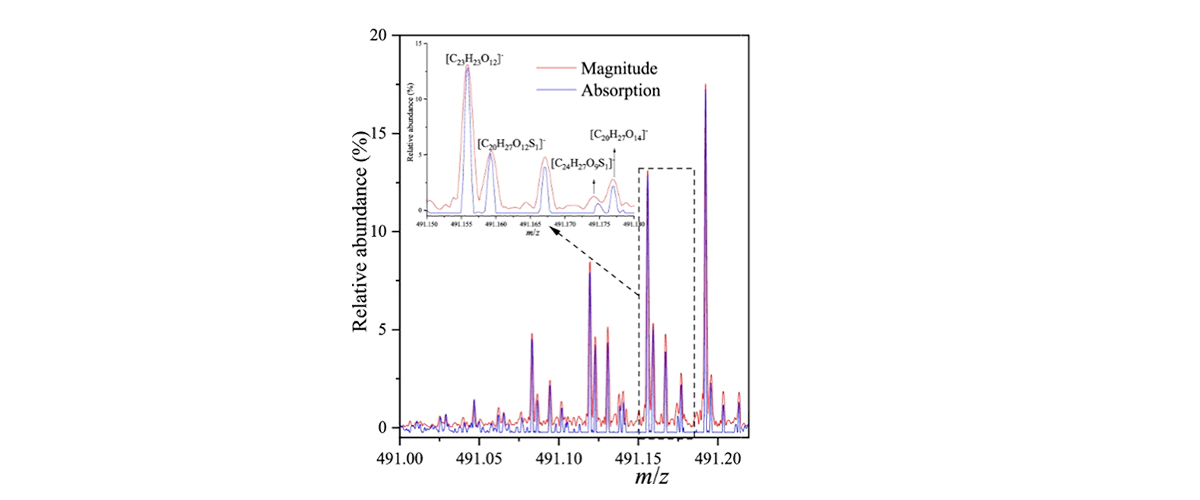
Fu, Q.L.; Chen, C.; Liu, Y.; Fujii, M.; Fu, P., Analytical Chemistry, 95 (1), 522-530 (2023)
Read the Science Highlight or check out the full publication online.
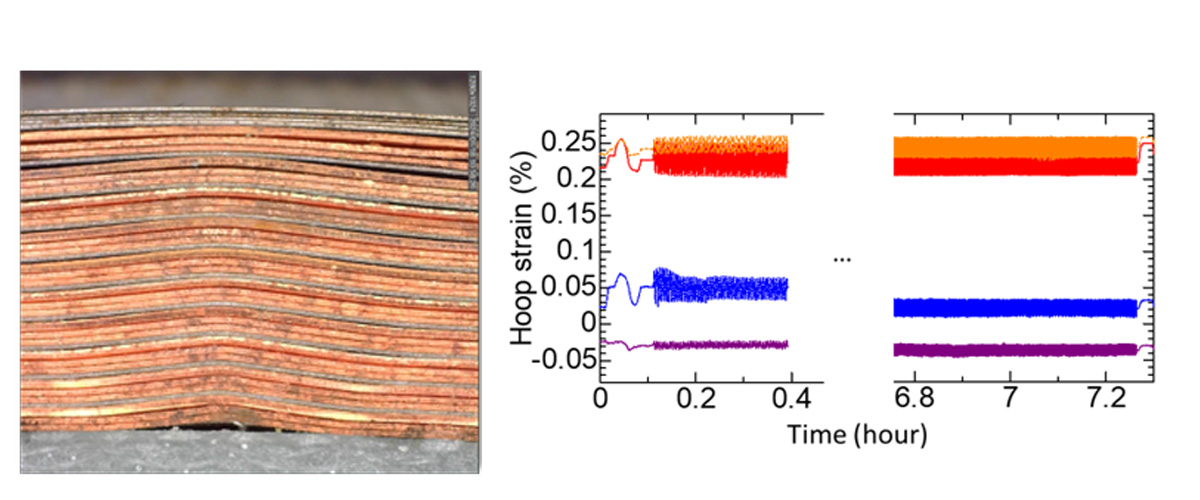
Dixon, I.R.; Bosque, E.; Buchholz, K.; Walsh, R.P.; Bai, H., IEEE Transactions on Applied Superconductivity, 32 (6), 4 (2022)
Read the Science Highlight or check out the full publication online.
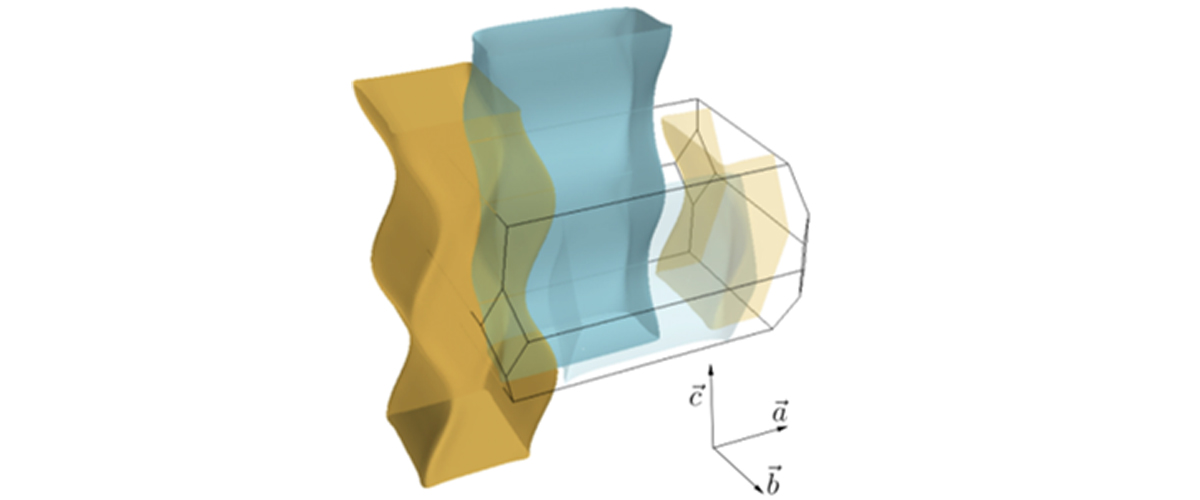
Eaton, A.G.; Weinberger, T.I.; Popiel, N.J.; Wu, Z.; Hickey, A.J.; Cabala, A.; Pospisil, J.; Prokleska, J.; Haidamak, T.; Bastien, G.; Opletal, P.; Sakai, H.; Haga, Y.; Nowell, R.; Benjamin, S.M.; Sechovský, V.; Lonzarich, G.G.; Grosche, F.M.; Valiska, M., Nature Communications, 15, 223 (2024)
Read the Science Highlight or check out the full publication online.
Our magnets are open to all scientists - for free - via a competitive process and we accept proposals through out the year.
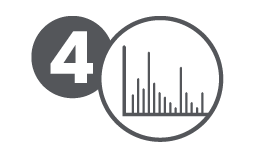
After your work is completed, you are asked to report to the laboratory, in a timely manner.
Note: We've created several templates to help users successfully apply for magnet time - ICR General Proposal Template, Biological Applications template, and Report Prior Results Template.
Facility Director
For information regarding facilities, magnet time requests and scheduling.